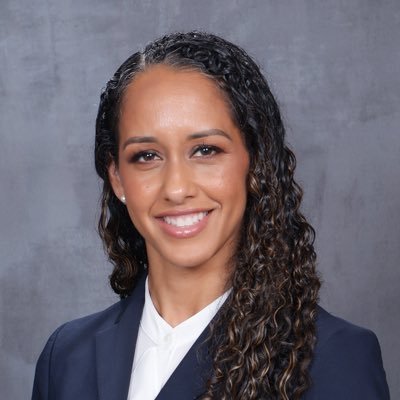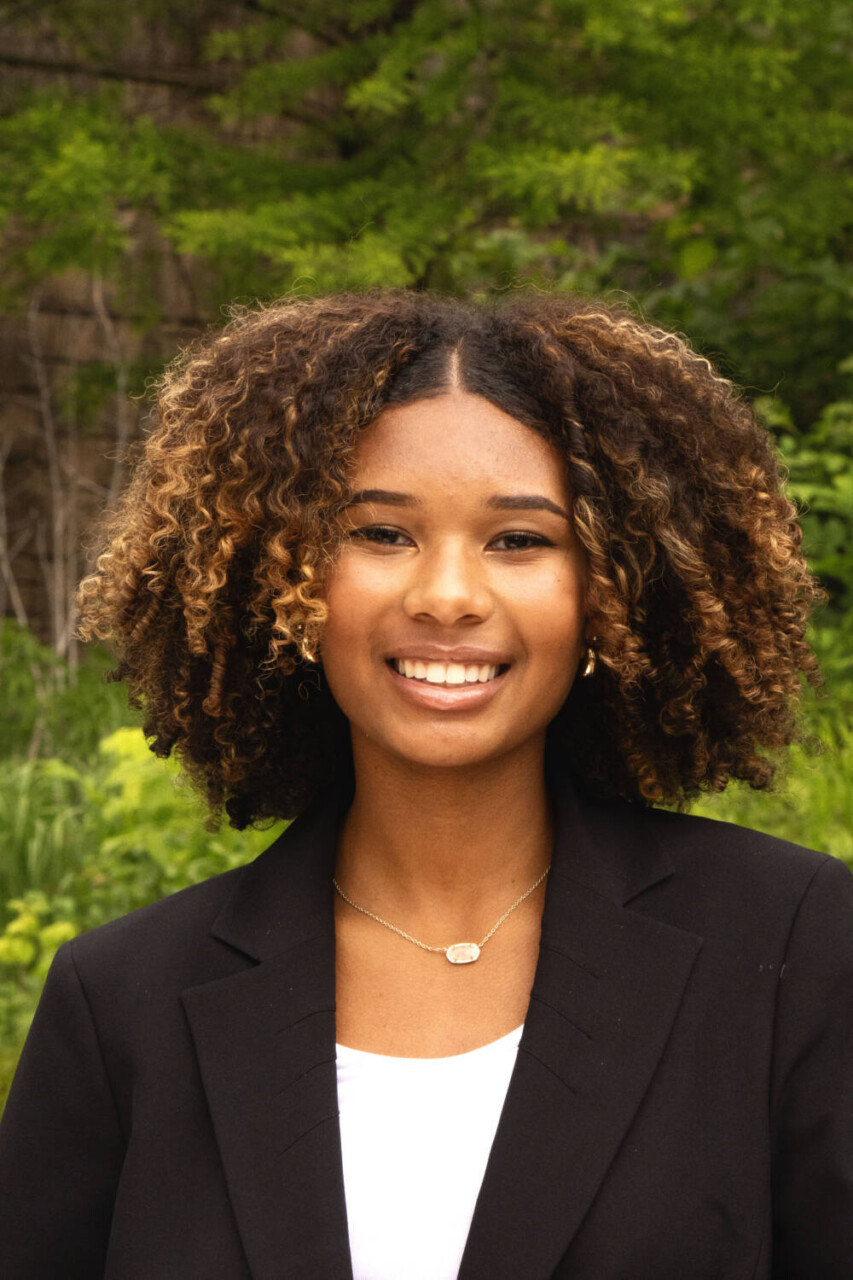
By Erinn Gardner
The stigma surrounding district attorneys (DA) is one that puts their character into question. Power-hungry. Harsh. Uncompromising. These are adjectives that typically come to mind when one thinks about a District Attorney. However, San Francisco DA Brooke Jenkins continually rewrites this narrative, using her autonomy to reshape the role’s purpose and public perception. The San Francisco native dedicates her life to the pursuit of justice, advocacy for victims and strives to safeguard the community.
Her Story
As an Afro-Latina woman, Jenkins is often berated by those who question her for pursuing such a contentious career. One that is known to put members of the Black community in prison for years, stripping them of a chance at life.
She constantly reminds these critics that they should much rather embrace her as their DA than an older white man. In fact, she finds that defendants feel more comfortable with her handling their cases, as she takes a holistic approach when analyzing them.
“Who would you rather have holding your clients’ files? A 60-year-old white man? Would you rather it be the old way, the way that we have seen it historically?”Jenkins said. “Or would you rather it be me? Who maybe would understand where he or she is from, what their life is like, not judge them by the color of their skin.”
In fact, Jenkins is a proponent of diversion programs, where defendants have the opportunity to avoid conviction through rehabilitation. For example, she previously shared in a press release last year found on the district attorney’s website, “I am proud to partner with San Quentin Rehabilitation Center to create meaningful engagement opportunities for my staff and the incarcerated population to develop crime prevention and intervention strategies”. She is especially committed to offering redemption to first-time offenders. Jenkins openly shares that she has firsthand witnessed her own family members go on trial, hoping for the fairest outcome. This perspective informs her through her work, driving her decision to allow so many individuals to participate in these programs.
Still, she emphasizes that if someone does not take advantage of these opportunities for personal growth, there comes a point when sentencing becomes necessary.
“Everything about this work is nuanced. Accountability does not look the same for every single person that we prosecute,” Jenkins said. “Everyone does not receive the same set of consequences. They have different sentences based on who they are, their conduct, the facts of the case, their criminal history. You name it, there’s a different size that fits each different person.”
A different side of DA Brooke Jenkins
According to Jenkins, the city has a strikingly low incarceration rate. However, she states that people still paint her to be an angry Black woman who loosely prosecutes the community. From news outlets choosing unflattering photos of her to spinning their own narratives, they cast Jenkins in a negative light.
In addition to proactively implementing programs to keep people out of prison, Jenkins takes preventative measures to maintain low incarceration rates. She holds symposiums in San Quentin prison several times a year, allowing inmates to share their personal testimonies, sentences, feedback about what could have made a difference in their lives sooner and flaws in the system.
“I want less of our people in this system. The only way to do that is to pick the brains of the people in it and figure how we backtrack,” Jenkins said.
She even hosted a symposium, inviting elected DAs from across California to address the disparity in incarceration rates, highlighting other counties that have significantly higher rates compared to San Francisco.
Brooke Jenkins is challenging what a DA once was and is redefining what one can be. She believes in the importance of representation inside the office, because that is what allows communities to establish a sense of trust.
“You cannot change institutions from outside; you have to come within,” Jenkins said.
She shared, “More people from our community must come within these organizations so that we are changing the mindset about the way that we do this work and that in turn builds trust in our community. We are not the enemy, but we need our people in these spaces.”

Erinn Gardner is a junior English major from Atlanta, Georgia, attending Spelman College. Deeply passionate about amplifying underrepresented voices, she strives to give a voice to the voiceless in order to inspire change. She is a student in the Black 2 San Francisco program, sponsored by the Human Rights Commission. She can be reached at erinngardner21@gmail.com .





